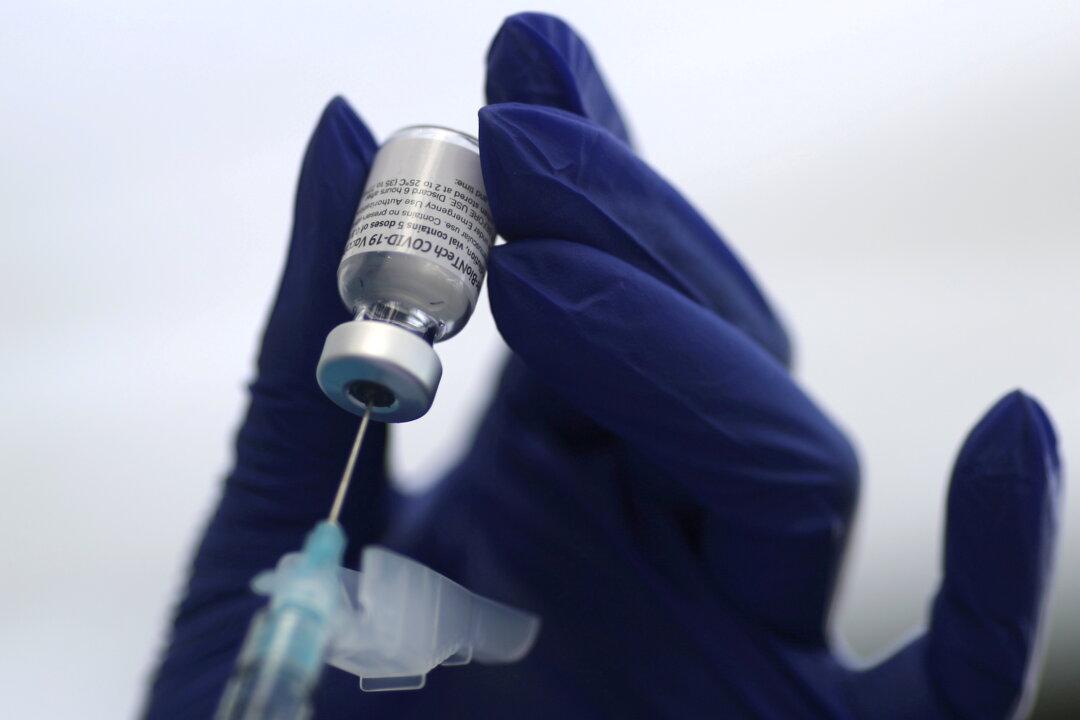The UK will offer Pfizer-BioNTech CCP (Chinese Communist Party) virus vaccines to some groups of children that are over 12-year-old, Health Secretary Sajid Javid has said on Monday.
The government’s advisory body Joint Committee on Vaccination and Immunisation (JCVI) on Monday issued its recommendation, advising that children “at increased risk of serious COVID-19 disease” are offered the vaccine.





